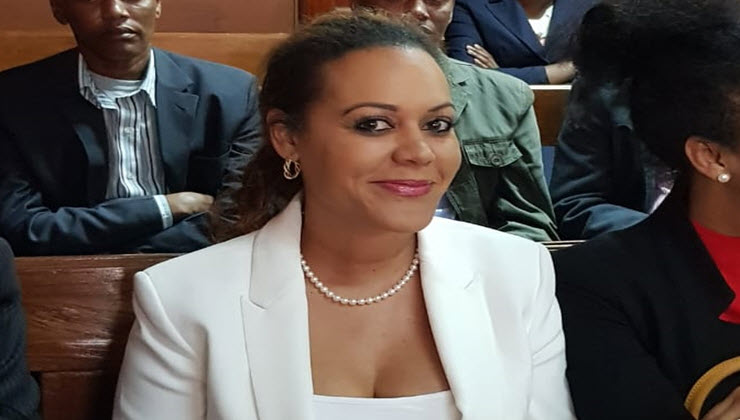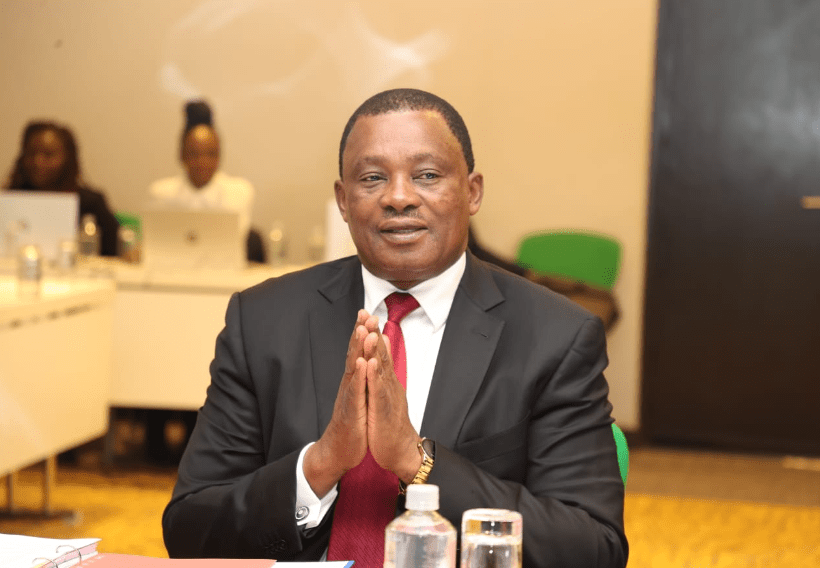The High Court on Thursday dismissed an application by South Korean ambassador nominee Mwende Mwizi, ruling that it is premature.
In his ruling, Justice James Makau of the Constitutional and Human Rights Division said that the appointment process is not complete and the petitioner should have awaited the decision of the President before filing the suit.
“The public interest in this matter in its current process and approval is not complete and should be allowed to be completed,” ruled Justice Makau, who noted that appointment is an issue for the Executive and Legislature to decide.
The judge, however, ruled that an ambassador is not a State officer, but a public officer and is not required by law to renounce his or her citizenship.
The judge further said there is no legislation establishing the office of ambassador as a state office though Parliament has powers to enact legislation to that effect.
Even if the petitioner was a state officer, she is protected under Article 78 of the Constitution, ruled Justice Makau
“No one chooses [his or her] place of birth or parents,” said the judge.
The judge said the petitioner, being an American citizen by birth, cannot opt out.
“Article 78(3)b of the Constitution protects her,” said Justice Makau, adding that “citizenship by birth is an inalienable right which cannot be taken away.”
Mwende , through her lawyer Prof Tom Ojienda, asked the court to determine whether an ambassador is a state officer, and if not, whether the issue of dual citizenship still affects her.
She wanted the court to determine whether the National Assembly can grant conditional approval of a nominee and also whether the petitioner has any proprietary right to the office of ambassador.










